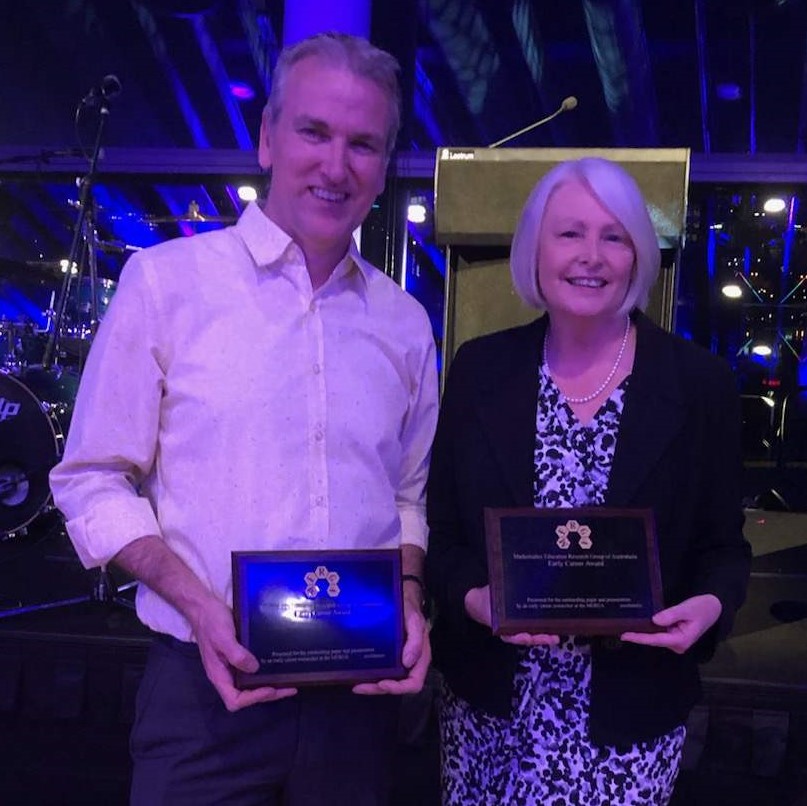Early Childhood Mathematics: The Case of More or Less
Mohan Chinnappan & Amy ChanYoung children possess informal knowledge of mathematics that is broad, complex and sophisticated. They engage in significant mathematical thinking and reasoning in many contexts. This recognition has catalysed recent reforms on the need to bring a higher level of focus on early childhood learning, in general, and early childhood mathematics, in particular (Malaysian Government, 2012; Australian Government, 2011). Early quantitative reasoning begins to develop as early as the first 2 years of life. These reasoning demonstrate robust sensitivity to numerical information in the environments including counting, numerosity and systems for representing and discriminating small and large sets. Previous studies (Geary, 1994; Clements & Sarama, 2007) have shown that the development of numeracy skills begin before children commence their formal schooling experiences. Two concepts that are foundational to their ability to perform arithmetic operations are children’s ability to discriminate between the concepts of more and less. In this exploratory study we consider pre-schoolers’ (3- to 4-Year-Olds) understanding of these twin concepts. Results show that children tend to have more difficulties with the concept of more than less. Implications of the results are discussed for further investigations of studies of numeracy in early childhood mathematical thinking and numeracy.

